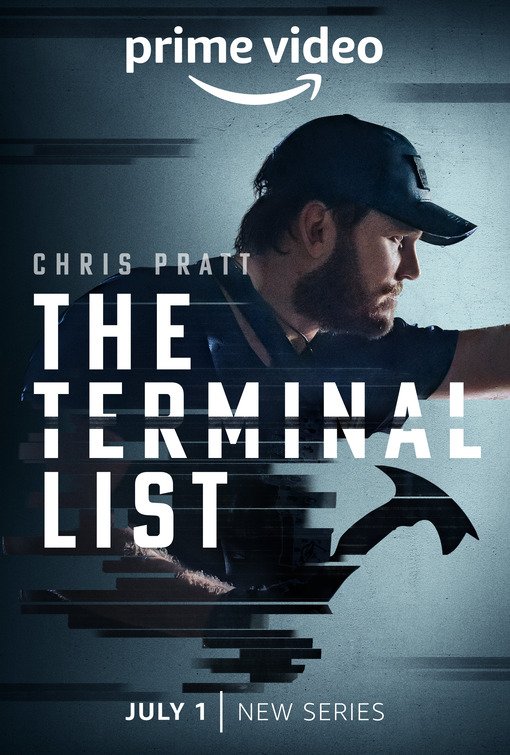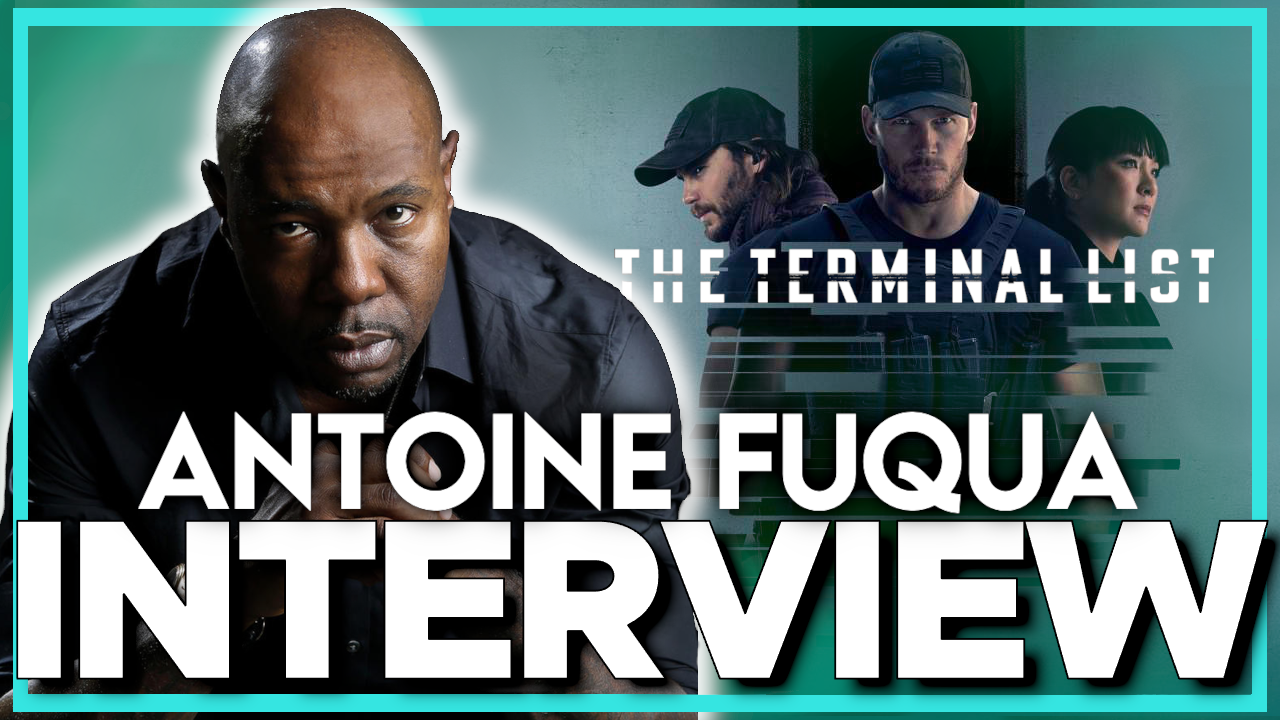'The Terminal List' Interviews: Star Jai Courtney and Director Antoine Fuqua Discuss the New Prime Limited Series
Based on the Jack Carr novel, The Terminal List is a new Amazon Prime Video original series which follows a Navy SEAL by the name of James Reece (Chris Pratt), whose entire platoon is ambushed during a mission. Following the attack, Reece struggles to accurately recount the events of that evening and sets out on his own mission to find out who is working against him and coming after him and his family. In addition to lead star Pratt, the series stars Constance Wu (CRAZY, RICH ASIANS), Taylor Kitsch (Friday Night Lights), and Jai Courtney (Suicide Squad). The limited series, which features eight thrilling episodes, is also co-directed and executive produced by revered director Antoine Fuqua. FilmSpeak sat down with the latter two to discuss the making of the series, adapting material from a best-selling novel, and how their creative approach differs from film to television.
Courtney, who most notably starred in Suicide Squad, was reunited with several of his fellow superhero movie stars, including Pratt and actor Sean Gunn (brother of director James Gunn who directed the follow-up to the film, The Suicide Squad, as well as helms the Guardians of the Galaxy series starring both Pratt and Gunn), but Courtney came into the project through a natural auditioning process. Courtney had been quarantining in Australia at the time he read for the project with Fuqua and had initially been in talks for other roles before landing the part of Steve Horn. Though the pilot episode is directed by Fuqua, the rest of the series features a total of six different directors for almost every episode. When asked how having different directors coming in with their own style might affect his performance as an actor or the overall trajectory of his character, Courtney said, “It can be a little terrifying sometimes. Because sometimes it’s just down to the communication and the different reads people get on different characters . . . in a healthy way, sometimes there’s great conflict and discussion around those things because you end up being quite protective about some choices and I like that. I like directors that want to kind of push stuff around in that way.”
Fuqua shared a similar sentiment when asked about any potential challenges when collaborating with others on the project. “Working with other directors is exciting. It’s great to see them do their thing, and I do my thing, and I think that’s one of the pleasures of doing these types of things is you get to see other artists’ work and see their process a little bit and it’s a nice collaboration. Because as a director, you’re on your own so much . . . you feel lonely—anything that goes right, you get credit for, anything that goes wrong, you get credit for—so it’s nice to see other guys in the hot seat,” he quips.
“It’s not my job to make him [Steve] relatable so much as it is my job to relate to him, myself, in some way.”
Courtney also shared how even with characters like Steve, who are a bit more rough-around-the-edges and self-involved, he loves the challenge to still make audiences want to connect with him. “If you’re able to humanize characters like this and do that convincingly, then the audience will effectively kind of pick up on that,” he begins. “One of the things I like to do, for me, with characters that are a little more polarizing is hope that people have fun with it . . . even if they hate him, I want people to love to hate him. That’s my job.”
Fuqua, who got his start directing music videos, felt that his roots aided him in some ways and worked against him in others. “As the director of the first episode, I look at is as a mini movie. It has helped me in that way because I know how to convey a story in shorthand sometimes,” he says. But as the one helming the pilot, he felt a certain responsibility to create the tone that the other directors would then have to follow. “I create a visual book, I put together a psychological breakdown and I hand it to Dave DiGillio, the showrunner, and talk to the different directors, and I try to create a consistent tone.”




